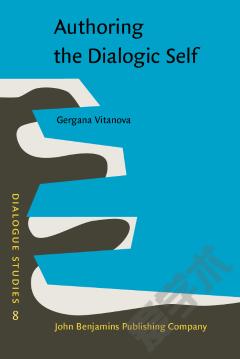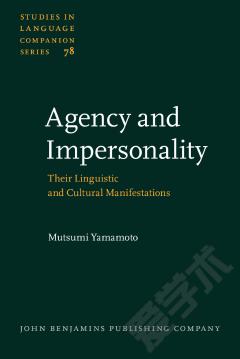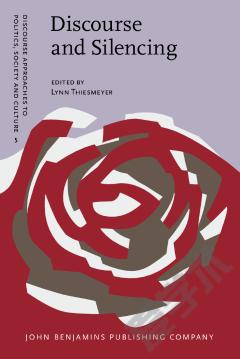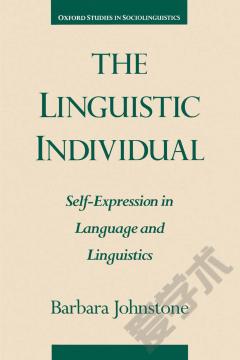Authoring the Dialogic Self. Gender, agency and language practices.
This book offers a truly interdisciplinary perspective on key socio-cultural aspects of second language learning. Building on Bakhtin’s philosophy of language and the self, it examines the complex intersections among gender, culture, and agency in the everyday discursive practices of immigrants. Bakhtin’s dialogic framework still remains on the periphery of second language acquisition research. The book embraces not only Bakhtin’s well-known notion of dialogue but also his core concepts of responsibility and ethics in the analysis of immigrants’ narrative samples. The significance of narratives is underscored throughout the book, and a dialogic, discourse-centered approach to narrative as a genre is suggested. Authoring the Dialogical Self targets a range of disciplines. Scholars in applied linguistics, narrative studies, cultural psychology, and communication studies will find the discussed concepts relevant. The rich data samples and detailed analysis make the book appropriate for graduate courses in TESOL, language and identity, or language and gender.
{{comment.content}}








 京公网安备 11010802027623号
京公网安备 11010802027623号